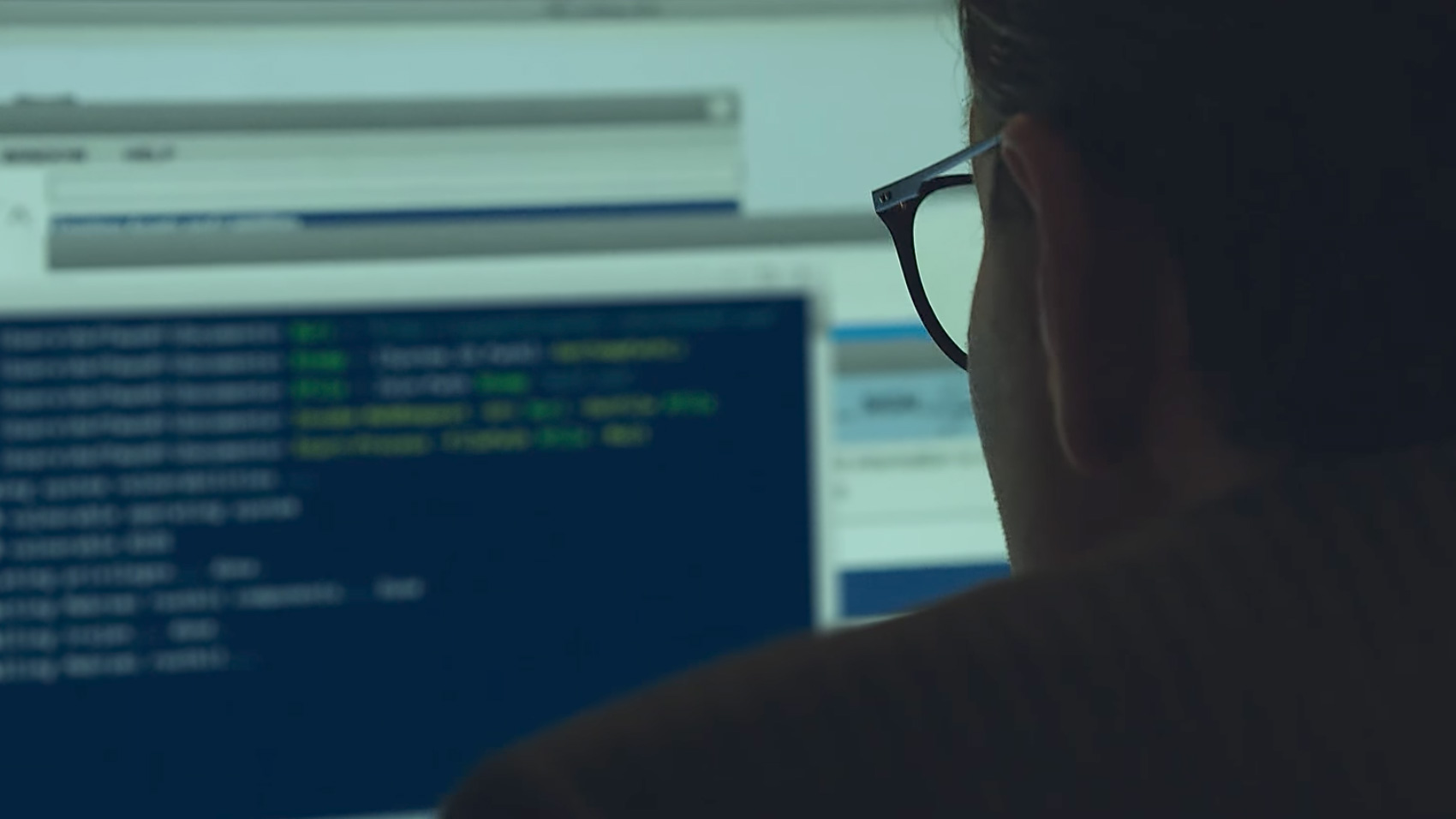Two sentenced under the Computer Misuse Act for data theft
The individuals were accused of siphoning away personal data from RAC to an accident claims management firm


The Information Commissioner’s Office (ICO) has led the successful prosecution of two individuals for violating the Computer Misuse Act (CMA) 1990 by stealing personal data to make nuisance calls.
Kim Doyle, a former RAC employee, was found guilty of transferring personal data to an accident claims management firm without permission, including road traffic accident data such as names, mobile phone numbers and registration numbers.
An ICO investigation found that Dyle transferred the data she had obtained to William Shaw, the director of TMS, with this data subsequently being used to make nuisance calls. This constituted a breach of the CMA, with Doyle pleading guilty to conspiracy to secure unauthorised access to computer data, and selling unlawfully obtained personal data.
Both Doyle and Shaw, as a result, have each been handed an eight-month prison sentence, suspended for two years.
“People’s data is being accessed without consent and businesses are putting resources into tracking down criminals,” said Mike Shaw, who heads up the UK data regulator’s criminal investigations team.
“Once the data is in the hands of claims management companies, people are subjected to unwanted calls which can in turn lead to fraudulent personal injury claims. Offenders must know that we will use all the tools at our disposal to protect people’s information and prevent it from being used to make nuisance calls.
“This case shows that we can, and will take action, and that could lead to a prison sentence for those responsible.”
Sign up today and you will receive a free copy of our Future Focus 2025 report - the leading guidance on AI, cybersecurity and other IT challenges as per 700+ senior executives
This is only the latest in a handful of prosecutions made under the CMA, led by the ICO. In June 2020, for instance, a businesswoman was sentenced for illegally accessing a company’s servers and deleting files months after resigning as a director.
While only a few individuals are prosecuted under the CMA, historical research had found that more than a third of IT workers admitted to violating this legislation. The research from 2016 showed that roughly half of employees surveyed admitted to retaining access to their former employer’s network, while 36% admitted to accessing corporate systems after leaving their roles.
The act itself, however, is widely deemed out-of-date and counterintuitive by many working in the IT sector and in cyber security.
According to research published last year, the 30-year-old legislation is preventing cyber security professionals from doing their jobs. Many, in particular, are worried about whether may be breaking the law while researching vulnerabilities, or investigating threats. Specifically, 40% of those surveyed said the CMA has acted as a barrier to them or their colleagues and has prevented them from proactively safeguarding against breaches.
A coalition of businesses, trade bodies, lawyers and cyber security lobby groups also wrote to the prime minister, Boris Johnson, in June 2020 urging his government to reform the CMA for similar reasons. This group included techUK, F-Secure, McAfee and Trend Micro, among other organisations.
The Criminal Law Reform Now Network (CLRNN) has also reported on the shortcomings of the CMA, claiming in January last year that the legislation is putting critical UK infrastructure at risk.

Keumars Afifi-Sabet is a writer and editor that specialises in public sector, cyber security, and cloud computing. He first joined ITPro as a staff writer in April 2018 and eventually became its Features Editor. Although a regular contributor to other tech sites in the past, these days you will find Keumars on LiveScience, where he runs its Technology section.
-
 Westcon-Comstor enters Balkan market with REAL Security acquisition
Westcon-Comstor enters Balkan market with REAL Security acquisitionNews The acquisition gives the distribution giant immediate access to an established partner ecosystem spanning eight Balkan markets
-
 Inside the SME tech revolution: The quiet role of the channel in driving real change
Inside the SME tech revolution: The quiet role of the channel in driving real changeIndustry Insights Why the channel is becoming essential in guiding SME modernization.
-
 Computer Misuse Act 'putting critical UK infrastructure at risk'
Computer Misuse Act 'putting critical UK infrastructure at risk'News The 30 year-old legislation also prevents cyber security professionals from doing their jobs, it's claimed
-
 237 police officers disciplined over computer misuse
237 police officers disciplined over computer misuseNews FOI request reveals UK forces failing basic IT best practices
-
 Ex-Yahoo employee admits trawling through user accounts for explicit content
Ex-Yahoo employee admits trawling through user accounts for explicit contentNews More than 6,000 users compromised as defendant also accessed iCloud, Facebook and Gmail accounts
-
 Almost 100 HMRC staff disciplined over computer misuse, FOI reveals
Almost 100 HMRC staff disciplined over computer misuse, FOI revealsNews Staff dismissed over misuse of emails, computer equipment and social media
-
 Six-month sentence handed for data abuse in landmark ICO prosecution
Six-month sentence handed for data abuse in landmark ICO prosecutionNews Data regulator hints seeking tougher punishment was an effort to change behaviour in how personal data is held and processed
-
 NCSC unveils new cyber attack classification system
NCSC unveils new cyber attack classification systemNews The framework categorises everything from individual hacks up to national cyber emergencies
-
 British 'hacker' Lauri Love wins High Court appeal against US extradition
British 'hacker' Lauri Love wins High Court appeal against US extraditionNews Love is now expected to stand trial in the UK on charges of US hacking
-
 36% of ex-employees are breaking the computer misuse act
36% of ex-employees are breaking the computer misuse actNews Companies are failing to revoke access when IT workers leave